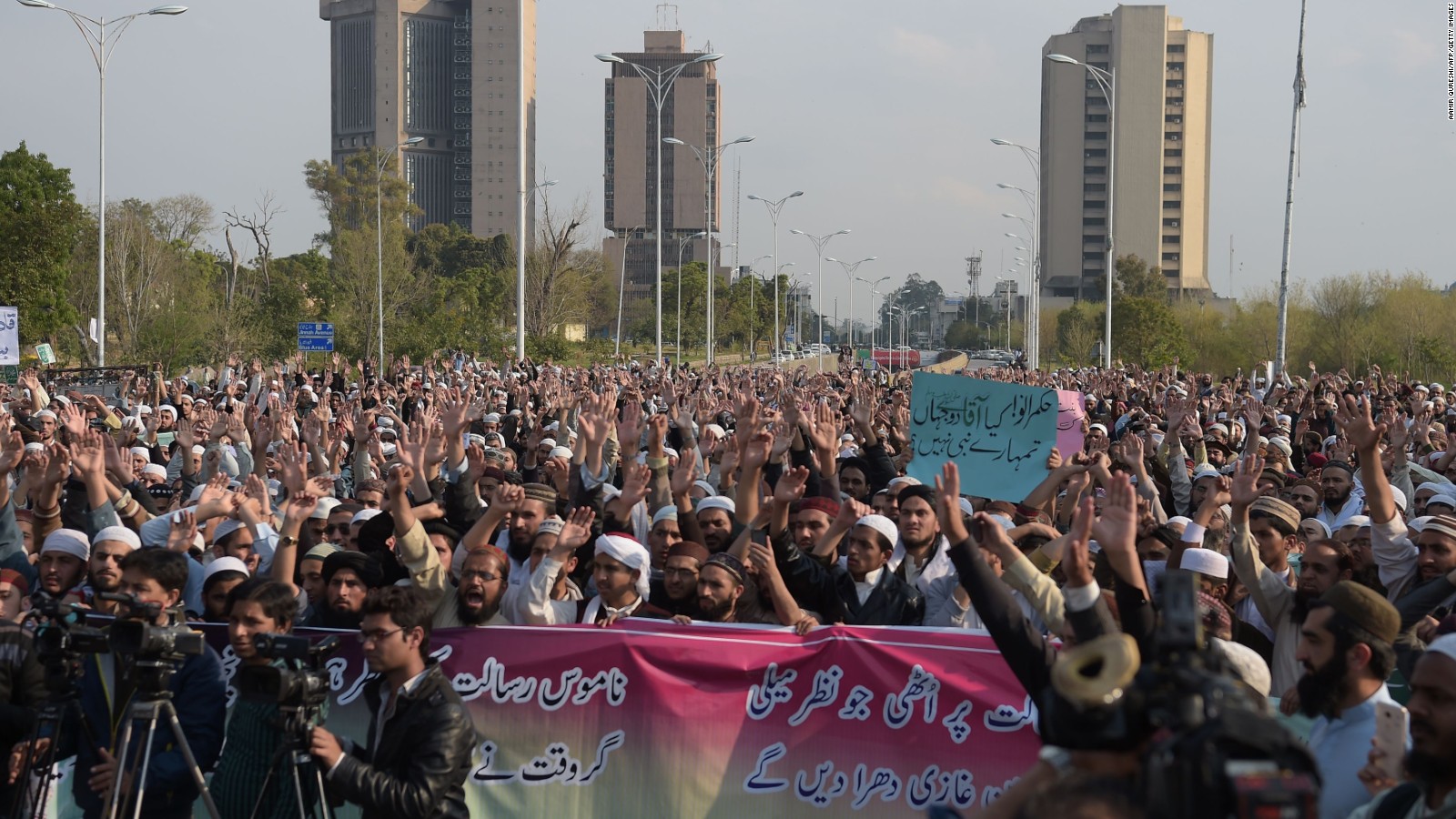
A
Pakistan government crackdown on freedom of speech online has reached
worrying new levels, activists say, after a young man was sentenced to
death over a series of Facebook posts.
On Saturday, 30-year-old Taimoor Raza became the first person to receive a death sentence in a Pakistan anti-terrorism court for "using derogatory remarks ... in respect of the Holy Prophet" on social media.
Amnesty International's Pakistan campaigner, Nadia Rahman, said in a statement the conviction set a "dangerous precedent."
"No
one one should be hauled before an anti-terrorism court or any other
court solely for peacefully exercising their rights to freedom of
expression and freedom of thought, conscience, religion or belief
online," she said.
Human
rights advocates said 2017 has seen an unprecedented crackdown by the
government on Pakistanis' freedom of speech on the internet and in
social media.
In January, the government shut down the websites and blogs of four online activists
who regularly campaigned for humans rights and religious freedom,
according to Human Rights Watch, right after they were went missing
simultaneously.
They were later released. There is no proven involvement of the government in their abductions.
Pakistan Interior Minister Chaudhry Nisar Ali Khan said in March "nothing can be greater than our religion to us" in stopping blasphemy on the internet.
"If
social media platforms do not cooperate with us despite all our
efforts, then we will take the strictest of measures against such
platforms in the country," he said.
In
May, the Pakistan Telecommunication Authority sent millions of citizens
a text message warning them against sharing blasphemy online.
"The
uploading and sharing of blasphemous content on the internet is a
punishable action under the law. Such content should be reported for
legal action," the alert said.
Usama
Khilji, director of the freedom of speech NGO Bolo Bhi, told CNN asking
citizens to report each others actions online encouraged "mob justice."
"Asking
people to record cases of blasphemy online (means) the state's
responsibility is being transferred onto citizens," he said.
No comments: